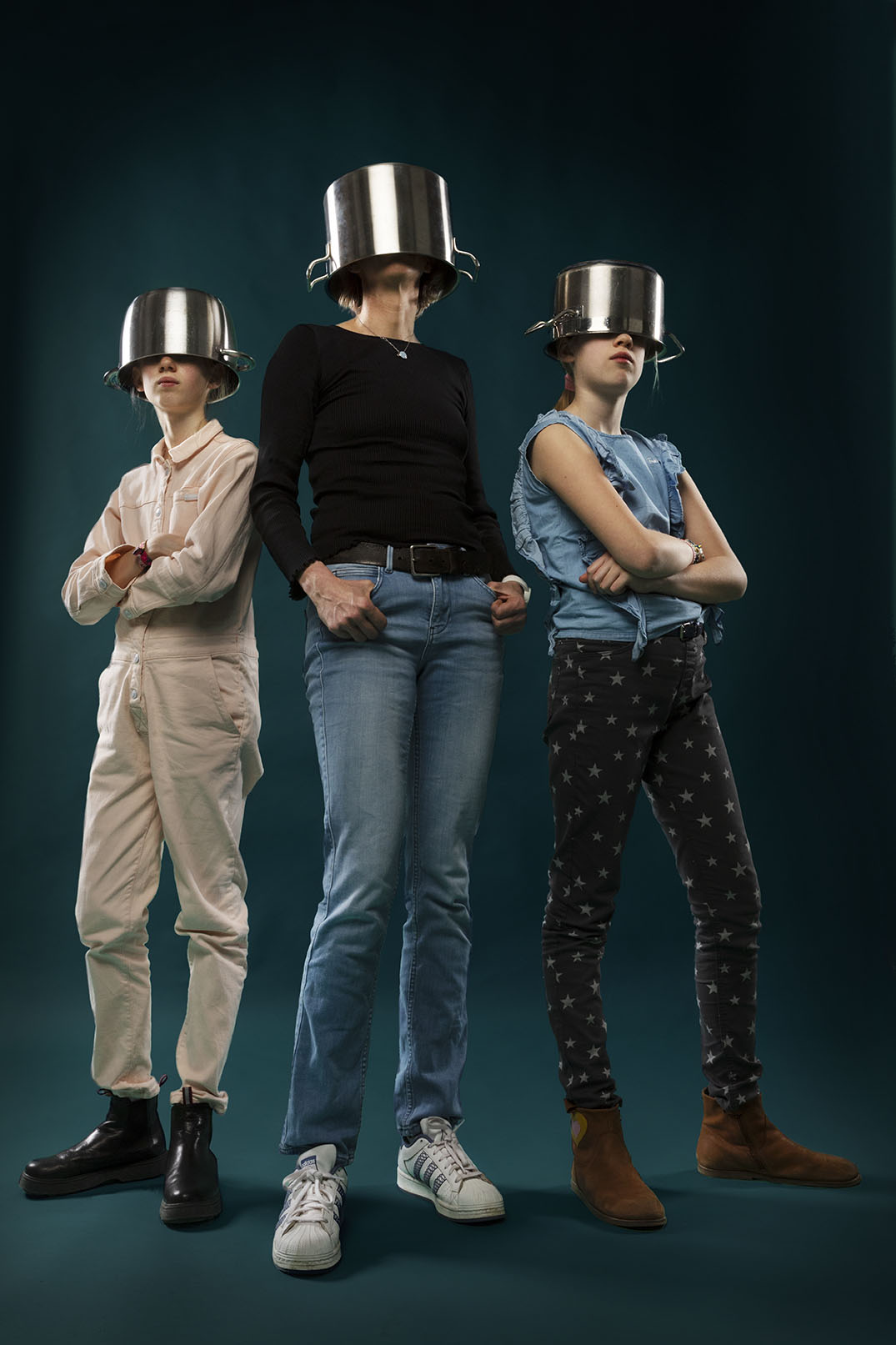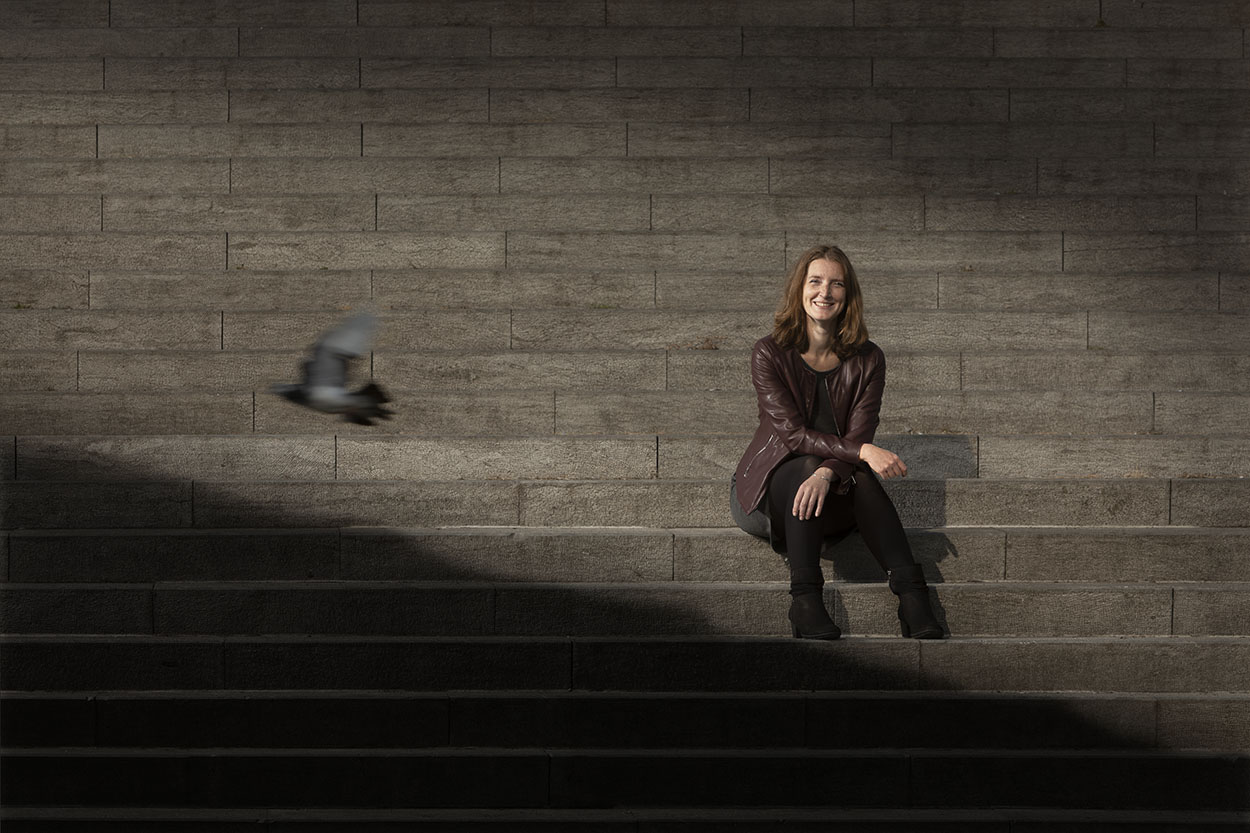Resolute late bloomer
At school, she was a self-described goody two-shoes. She calls herself a late bloomer and jokes that she only entered puberty when she went to university. Naturally, she studied medicine, following in the footsteps of her grandfather, sister and one of her brothers. Marieke van den Beuken–van Everdingen was 49 when she obtained her PhD and 56 when she became professor of Palliative Medicine. “It took a while for me to find my feet. And in my day, internal medicine was still mainly a man’s world, which didn’t help either.” Here she talks about quality of life, flying from Eindhoven to Maastricht and meeting former health minister Els Borst.
It was a happy childhood, growing up in Vught. She enjoyed school—when she was finally old enough to go. “All my friends already went, but I had to wait another year because I was born in October. I wanted it so badly that I once ran away with my sister, who’s a year younger than me: to school.” Eventually she attended a Catholic primary school for girls, run by nuns. “I was fairly timid when I got to high school. There were girls and boys who’d been in a mixed class for a long time, which was new to me. I stayed very timid for a long time, but I enjoyed learning, getting good grades. Yes, I was the goody two-shoes of the class,” she says cheerfully. “I loved to read, especially Vestdijk, and I loved French chansons and classical music; I thought pop was just noise. And I always knew I wanted to be a doctor, it just suited me. It runs in the family: my father was a dentist, four out of five children are now doctors, and two of my three sons have also just become doctors. The third does economics—thank God.”
Oranges for dinner
Her good grades assured her of a place in her preferred city: Utrecht. There she learnt that there was life outside of her studies. “That’s where I hit puberty,” she jokes. She joined the sorority UVSV (“but I wasn’t one of those prissy types!”), played hockey and could often be found in the student disco Woolloomooloo. “No longer the best student, in other words.”
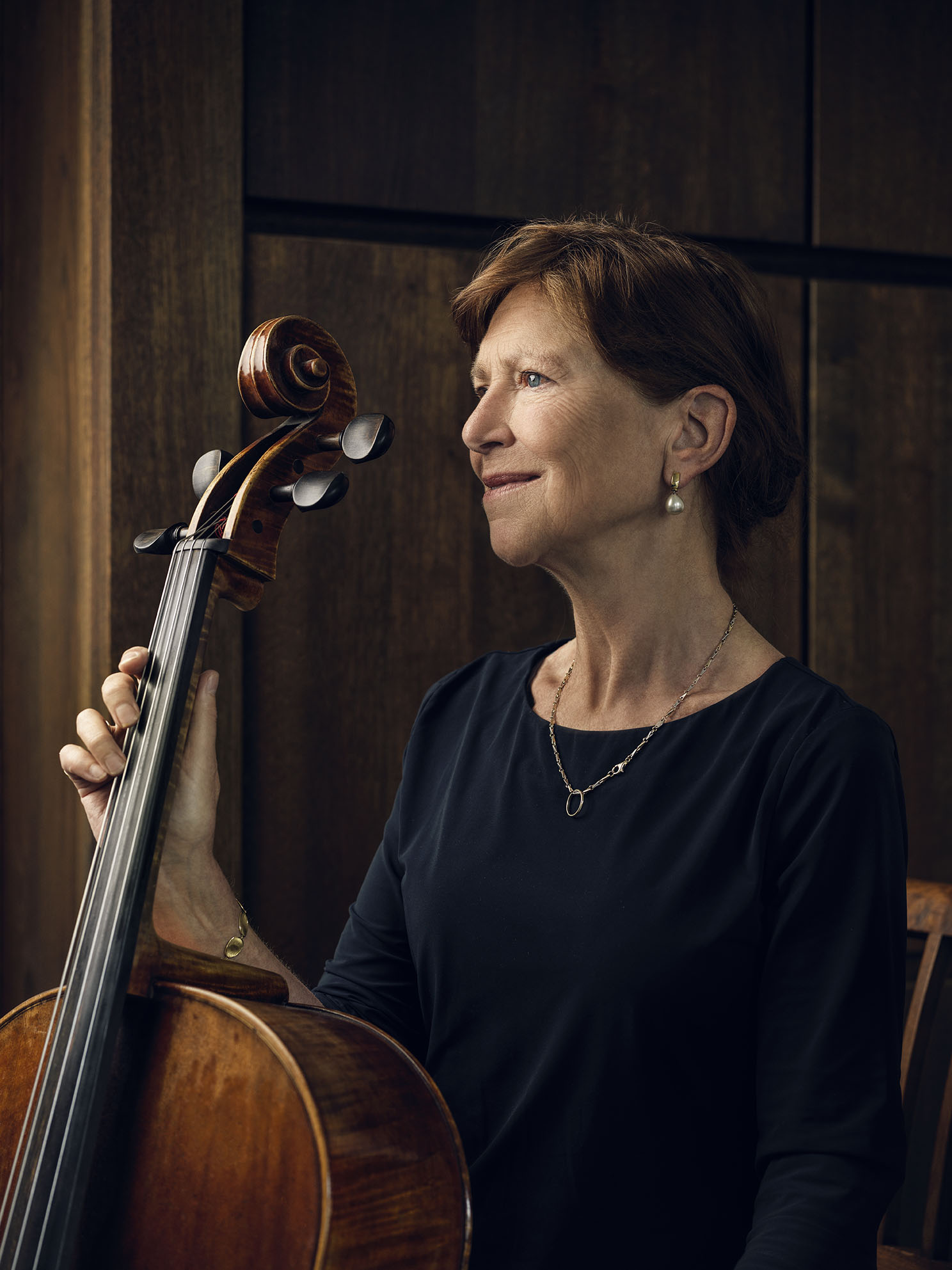
Marieke Van den Beuken–van Everdingen is endowed professor of Palliative Medicine at UM and chair of both the Dutch Palliative Care Advisory Group and the Healthcare Working Group of the seven expertise centres in the Netherlands. She trained as an internist, served on various clinical guideline committees and was a member of the palliative care working group of the Dutch Internists Association.
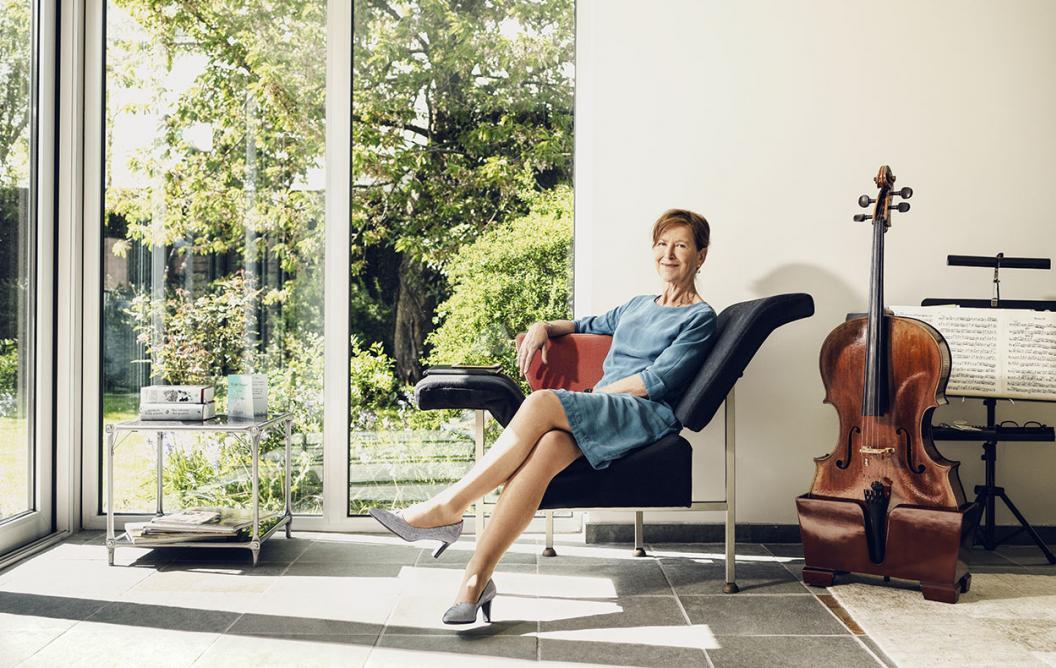
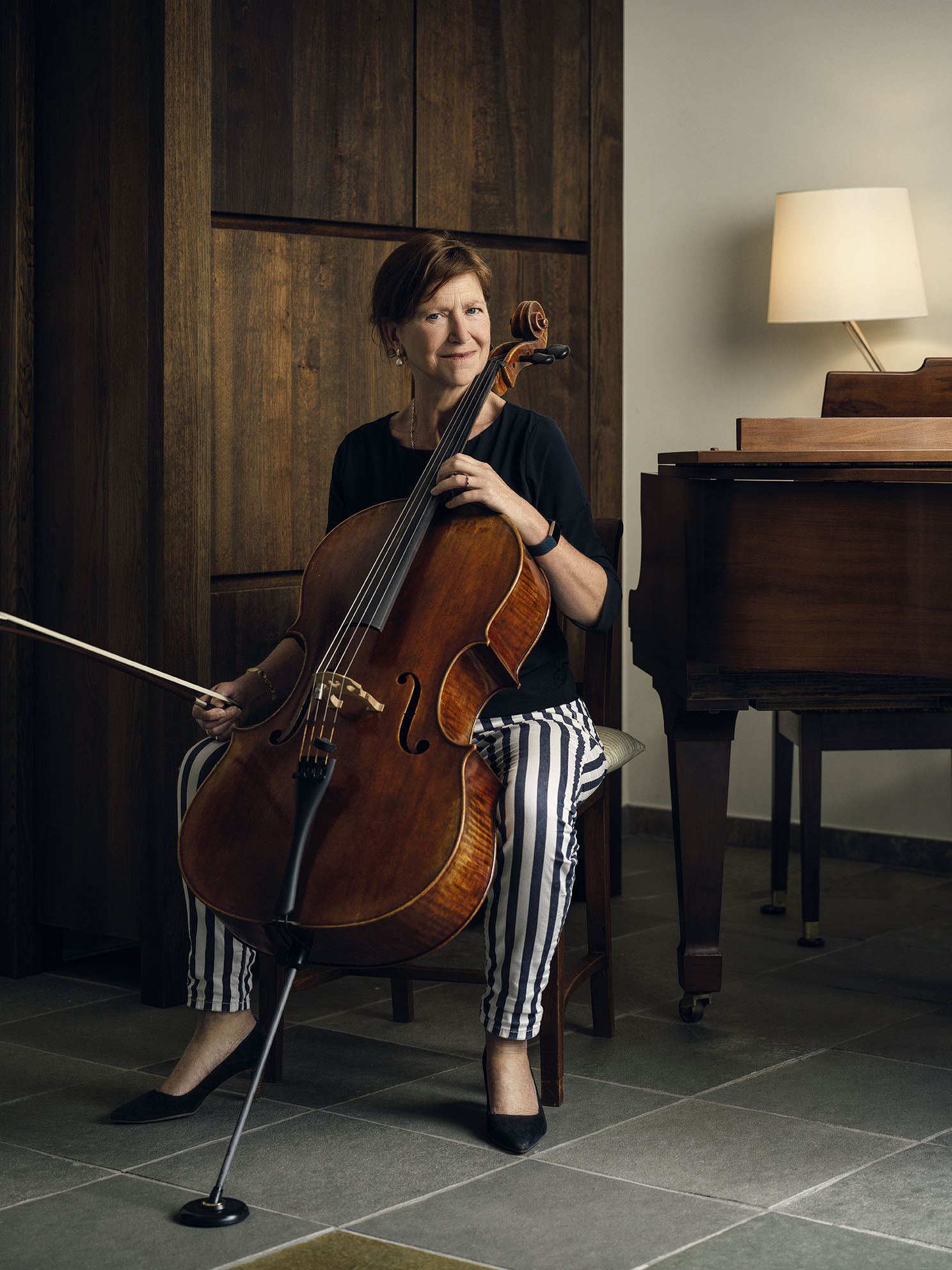
Her parents paid for her studies, but she was hardly flush. “Whenever I went out I’d only eat oranges the night before to save money. Responsible as I was—I was the eldest—I made do with what I had. And I never complained to my parents, much to the dismay of my brothers and sister: they had to make do with the same modest allowance later. It was a nice family; my parents’ attitude was that normal is good enough. Every year we went on holiday to Cadzand, and don’t get me wrong, those were wonderful holidays, but I recall that just once we wanted to fly somewhere. So my mother got on a plane with us in Eindhoven and my father picked us up in Maastricht. So now we’d flown,” she laughs. “And I loved it!”
Life can’t be planned
She completed her specialisation in internal medicine in Maastricht in 1992. By then she was married to Joop, whom she had met at the hockey club. “It felt right straight away. Within six weeks we were in Paris and we’ve now been married for about 30 years.” These days, 45% of the specialists in her field are women, but back then there was no guarantee that a married woman could become an internist. “In Eindhoven, where I did the second part of my specialisation, I was the last woman standing. In Maastricht I was advised by a well-meaning professor of Internal Medicine to become a company doctor—that would be easier to combine with the children’s school hours. Fortunately, a lot has changed.”
Palliative care is about quality of life
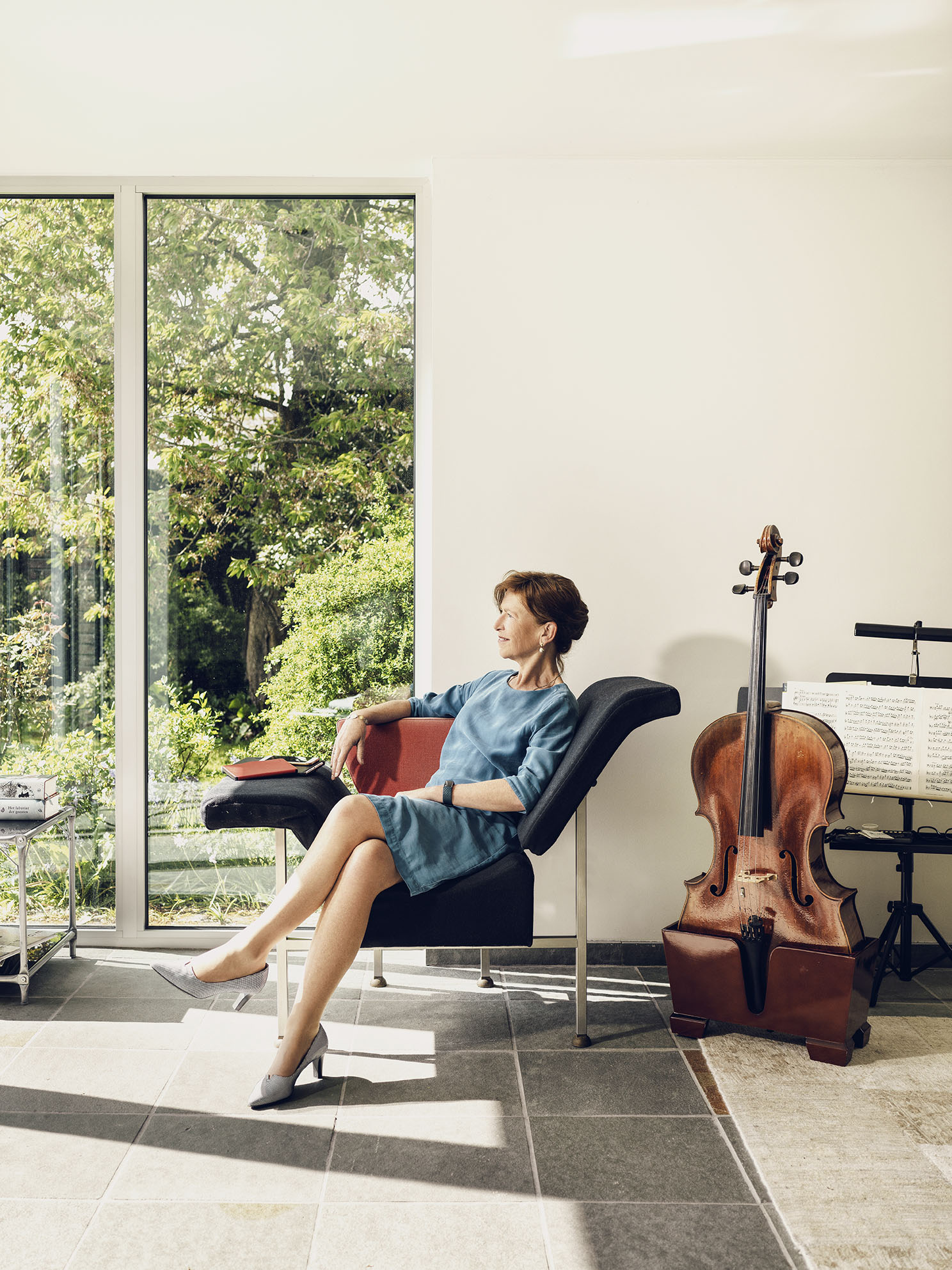
When Van den Beuken–van Everdingen was invited in 1998 to set up a centre for the development of palliative care in Maastricht, she didn’t think twice. Els Borst, then minister of health, believed the Netherlands had some catching up to do in the field of palliative care. “And she was right. Six university centres were given a pot of money to set up an expertise centre. Maastricht was one of the first, but all the academic hospitals now have a centre like this. Palliative care in this country owes a great deal to Els Borst, she was the trailblazer. I once sat next to her; by then she was no longer the health minister but vice president of the Health Council. Afterwards everyone was curious about what we’d discussed. Bathrooms, I said.” She roars with laughter. “We were both in the middle of a renovation. I’m cursed, of course.”
She loves her job and is proud of what she has achieved so far. “Palliative care is actually a very positive profession, focused on quality of life. You can make such a difference for patients and their loved ones who are dealing with a life-threatening illness. Palliative care is not an independent specialism, but it’s come to be seen in the Netherlands as a generalist skill where every doctor and nurse should know the basic principles. One of the tools we use to decide whether a patient needs palliative care is the ‘surprise question’: as a care provider, would I be surprised if this patient were no longer alive next year? If not, now’s the time to see what we can do for the patient in terms of palliative care. We look at not only the physical aspects—the disease—but also social, psychological and existential aspects. Pain management is an important part of palliative care, but it’s also about entering into a dialogue with the patient about his or her wishes, values and needs. For example, would I want to be transferred to intensive care? What happens then? That’s perhaps one of the few positive outcomes of corona: that it’s become less of a taboo topic.”
Also read
-
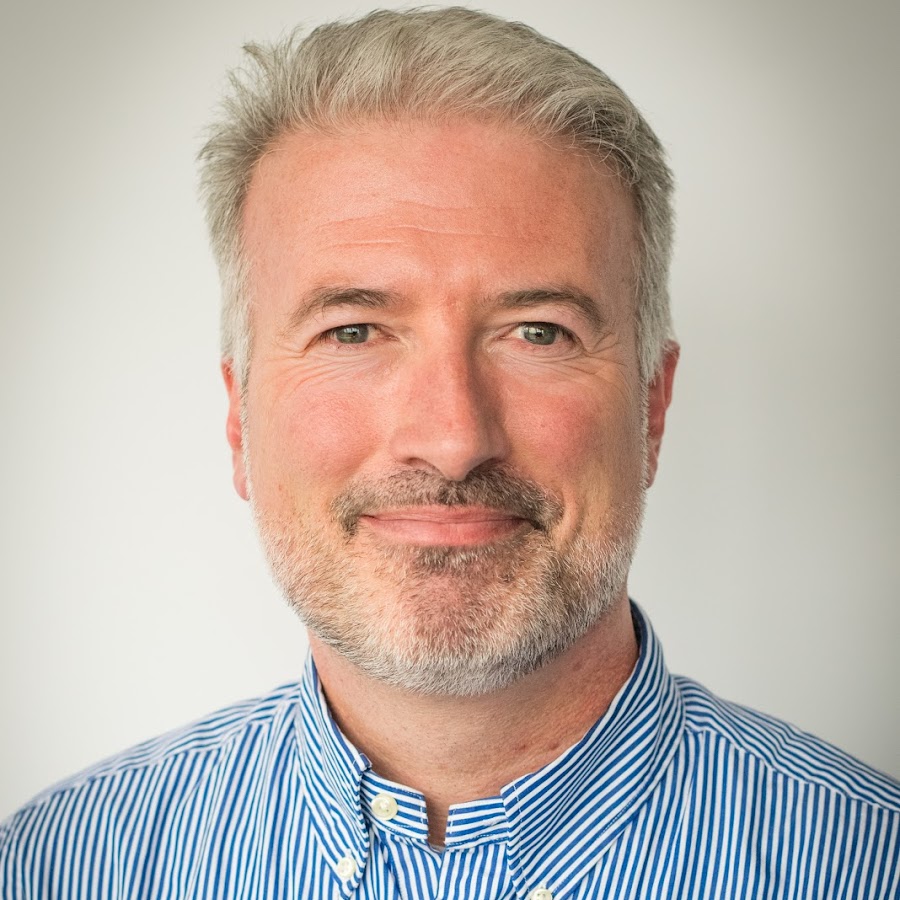
Frederik Claasen, the head of policy at our partner organisation Solidaridad Network on the opportunities and obstacles facing smallholder farmers in their data ecosystems.
-
Anne Roefs was awarded a Vici grant of €1.5 million. The professor of Psychology and Neuroscience of Abnormal Eating, was tossing up between a career as a scientist or a top chef.
-
Sexual harassment in public is becoming a punishable offence. It’s a good idea, says Suzan van der Aa, professor of Criminal Law and Criminal Procedure, but one that doesn’t go far enough. “Sexual harassment in the workplace is common too, and usually has a greater impact on the victims.”
- in Corporate
- in Featured
- in Human interest
- in Researchers
- in Students
